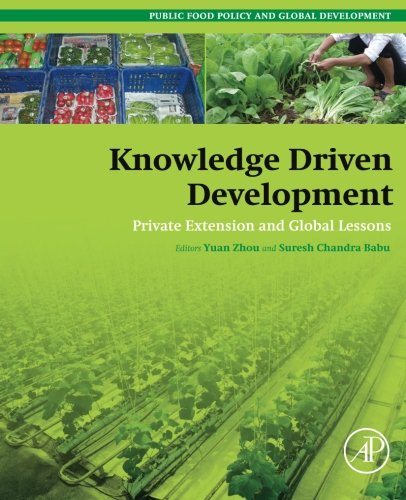

Most ebook files are in PDF format, so you can easily read them using various software such as Foxit Reader or directly on the Google Chrome browser.
Some ebook files are released by publishers in other formats such as .awz, .mobi, .epub, .fb2, etc. You may need to install specific software to read these formats on mobile/PC, such as Calibre.
Please read the tutorial at this link. https://ebooknice.com/page/post?id=faq
We offer FREE conversion to the popular formats you request; however, this may take some time. Therefore, right after payment, please email us, and we will try to provide the service as quickly as possible.
For some exceptional file formats or broken links (if any), please refrain from opening any disputes. Instead, email us first, and we will try to assist within a maximum of 6 hours.
EbookNice Team

Status:
Available4.4
40 reviewsKnowledge Driven Development: Private Extension and Global Lessons uses actual cases written specifically to study the role and capacity of private companies in knowledge sharing and intensification through agricultural extension. Descriptions of specific models and approaches are teased out of complex situations exhibiting a range of agricultural, regulatory, socio-economic variables. Illustrative cases focus on a particular agricultural value chain and elaborate the special feature of the associated private extension system.
Chapters presenting individual cases of private extension also highlight specific areas of variations and significant deviance. Each chapter begins with a section describing the background and agricultural context of the case, followed by a description of the specific crop value chain. Based on understanding of this context, extension models and methods by private companies receive deeper analysis and definition in the next section. This leads to a discussion of the private extension with respect to its relevance, efficiency, effectiveness, equity, sustainability and impact. Following that, comparison with public extension, the uniqueness of the knowledge intensification model, and lessons for its replication and scaling up are elaborated. The final chapter summarizes the major results from the ten cases presented, looking at the trends, commonalities and differences of various extension approaches and the general lessons for success or failure. It concludes with a set of messages around value creation, integrated services, market links, inclusive innovation, and capacity development.